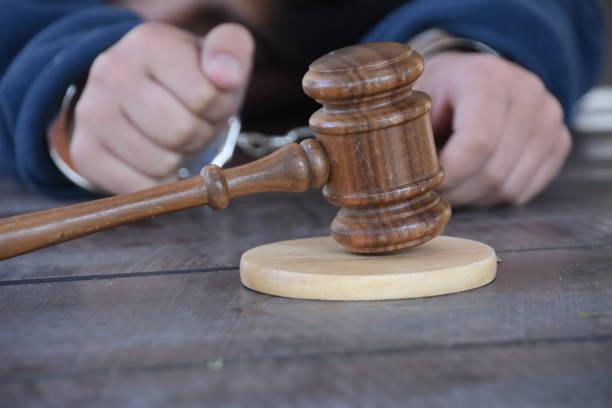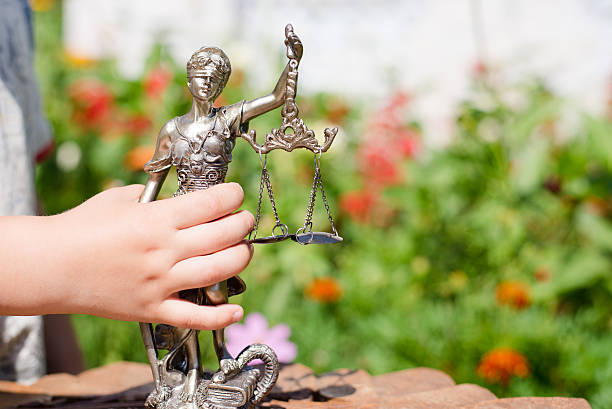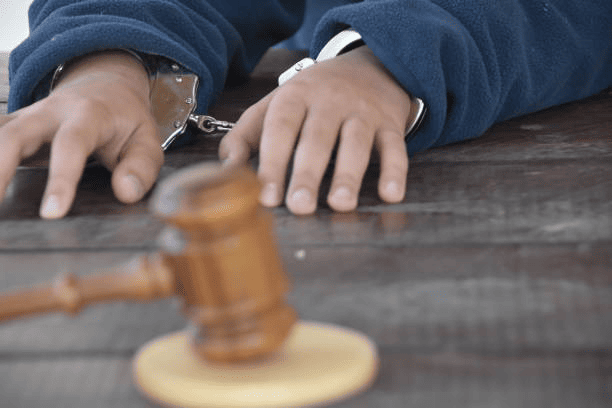Juvenile detention is a controversial and complex issue that has impacted many young Australians and their families for decades. Juvenile detention facilities aim to offer a more rehabilitative approach to confinement. It aims to assist young offenders in learning from their mistakes, receiving support, and developing the skills they need to become contributing members of society.
Furthermore, it provides various services and programs, such as education programs, counselling, drug abuse treatment, and vocational training, to assist juvenile offenders. The focus is on addressing the underlying issues that may have contributed to the youth’s criminal behaviour and helping them develop positive habits and skills that will help them avoid future illegal activity.
Who is a Juvenile?
A juvenile is “a person between the ages of 10 and 17.” This definition applies to all of Australia’s jurisdiction except Queensland. In Queensland’s legislation, a juvenile is a young person between the age of 10 and 16. The minimum age of criminal responsibility is 10 years in Australia’s entire jurisdiction. Hence, courts cannot hold minors minors under the age of 10 accountable for their actions.
In New South Wales (NSW), the Northern Territory, Queensland, and Western Australia, the following are the rules as to criminal liability of a child. These rules are provided by the State Party Reports of the UNICEF Innocenti Research Center
- a child under the age of 10 years is not criminally liable; and
- a child between the ages of 10 to 14 years is not criminally responsible for an act or omission unless one can demonstrate that the child had the mental capacity to know that the act in issue was improper at the time the child committed the offence, they are not guilty of the crime.
Definition and Purpose of Juvenile Detention
Juvenile detention is a type of short-term incarceration. Authorities most commonly utilise this after the juvenile has been apprehended before a judge decides on the juvenile’s guilt or innocence. Pre-trial custody is only appropriate when the court warrants it after concluding that a youngster is likely to commit crimes or flee during court proceedings. The purpose of juvenile detention are:
- to preserve public safety;
- to successfully reintegrate adolescents into society;
- to prevent youth offenders from committing further crimes;
- to ensure court appearance for their trial;
- to provide education and counselling to the juvenile; and
- to protect the juvenile from harm by providing a safe and secure environment.
A juvenile or youth detention centre play an essential role in the execution of the system’s goals. It is a facility designed to provide safe, temporary care for youth who pose a threat to the community or themselves.
Through this process, adolescents would learn from the experience without being subjected to the harshness of adult prison, change their decisions and course of action moving forward, and have no more interactions with the juvenile or criminal justice systems if a case for kids were to be truly successful.

Most Common Juvenile Cases in Australia
Juvenile delinquency has been a growing concern in Australia over the past few years. Statistics show that in Australia, police prosecuted 45,210 violators between the ages of 10 and 17, an increase of 2% from 2020–21. Children and teenagers committing crimes are becoming more and more common, with some of the most common offences being:
- Shoplifting. One of the most common crimes committed by young people in Australia is shoplifting. It’s a crime often committed by young people looking to get something for free.
- Vandalism. Vandalism is another common crime committed by juveniles in Australia. It involves the intentional or reckless destruction to public or private property.
- Assault. Assault is a violent crime that is often committed by juveniles. It can involve physical violence, threats, or intimidation. Assault can lead to serious injuries and can have a lasting impact on the victim.
- Drug Offences. Drug offences are also common among juvenile offenders in Australia. This includes the use, possession, or distribution of illegal drugs. Drug use can have serious health consequences and can lead to addiction.
- Burglary. Burglary is another common crime committed by juveniles. It involves breaking into someone’s property to steal something. This can lead to imprisonment.
In Australia, juvenile crime is a significant problem. The most common youth crimes include burglary, theft from stores, vandalism, assault, and drug offences. To avoid juvenile delinquency, it’s critical for parents, schools, and communities to collaborate.
Rights of Young People in Custody
The Department of Health and Community Services and the Australasian Juvenile Justice Administrators laid out the rights entitled to young people during juvenile detention:
- a safe and secure environment;
- living conditions that meet duty-of-care requirements;
- privacy and dignity;
- programs and services that meet their educational, vocational, and gender and age-related needs;
- adequate health services;
- adequate recreation facilities.
Youth detention centres aim to provide a humane, safe, and secure environment to assist young people in addressing their criminal behaviour and making positive choices about their lives, both while they are in custody and once they are released back into the community.
What About Bail?
We can grant bail with additional conditions such as a curfew, or a requirement that the young person attend school or abstain from alcohol. If the court grants the young person bail, they can obtain release on a conditional basis. This is the case until their matter comes back before the court. If they are refused bail, they are held in a youth detention centre until their matter is finalised (or until they are granted bail)
Juvenile Justice Legislation in NSW
In Australia, the respective state and territory laws govern the administration of juvenile justice. For New South Wales, the following are the legislations related to juvenile justice:
- Young Offenders Act 1997 (Part 5 and Schedule 1)
- Children (Community Service Orders) Act 1987
- Children (Detention Centres) Act 1987
- Children (Interstate Transfer of Offenders) Act 1988

The Juvenile Lawyers from JB Solicitors Can Help You
Juvenile lawyers are legal professionals who specialise in representing minors facing legal issues. Their primary role is to ensure the protection of children’s rights, and that they receive fair treatment in the justice system. Moreover, their main goal is to advocate for their client’s best interests.
This involves working closely with the child and their family to understand their unique circumstances and developing personalised legal solutions for their issues. JB Solicitors has a team of lawyers who are experts in juvenile detention cases. We provide legal advice and can discuss possible for criminal law, child protection, family law and domestic violence law.
Contact us today.
